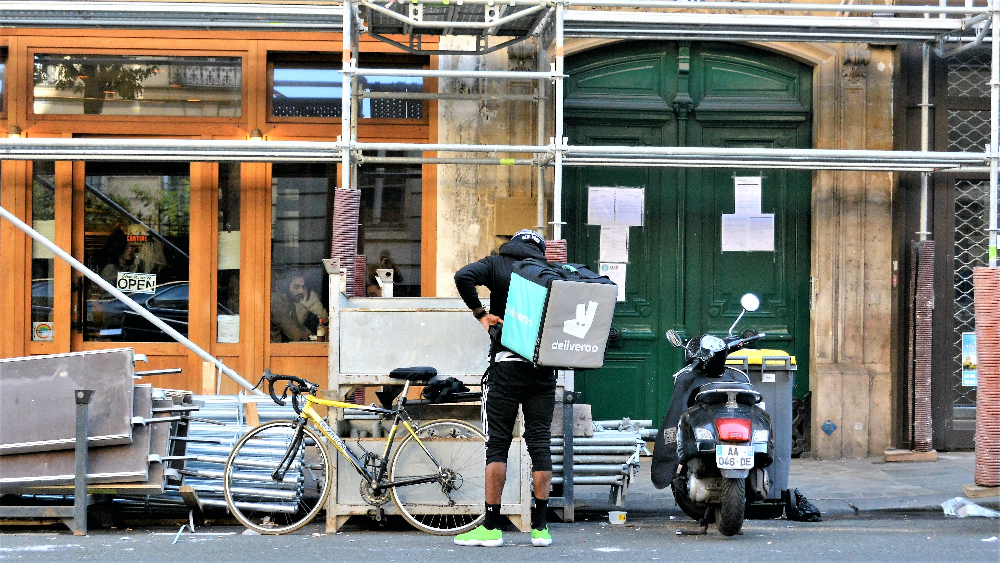With Christmas on the horizon and increased coronavirus restrictions around the country, more of us are shopping online than ever.
But that in turn has led to more fraud and specifically a rise in scams involving parcel delivery services.
Action Fraud revealed this week that since June this year, £242,000 has been lost by victims falling for messages from scammers pretending to work for delivery firm DPD.
The messages typically tell the recipient that the delivery driver was “unable to deliver your parcel today” as “you weren’t in or there was no safe place to leave it”. It then provides instructions for arranging a re-delivery, except the links in the messages lead to fraudulent websites that request a small payment.
Once a person makes the payment, they’ll then get a phone call from the scammer pretending to be someone from the victim’s bank. This can appear genuine as the fraudsters would clone numbers, messages or emails to make them appear legitimate.
During the call, the victim would be told that their bank account may be compromised and that they must transfer their money into another account for security – except that account actually belongs to the criminal.
In other scenarios, fraudsters would use the call to get additional personal details and security information so they can take out a loan in the victim’s name before transferring the money to themselves.
In November alone, the National Cyber Security Centre (NCSC) and the City of London Police’s Suspicious Email Reporting Service (SERS), received 5,478 reports of such suspicious DPD emails. And the numbers appear to be going up significantly as we creep closer to Christmas.
What it means for you…
Being aware of the scam can help a lot so make sure you tell anyone who you might be sending a parcel to or are expecting a delivery this Christmas.
While the scam highlighted here involves DPD, it can potentially apply to any parcel delivery company.
DPD, meanwhile, have said: “We are aware that there have been a number of fake DPD emails trying to get consumers to send money for parcels to be re-directed. We would never do this nor would we ask consumers to give us their bank details.
“There is an easy way to check the email is safe, only emails sent from one of three DPD email addresses are genuine. These are dpd.co.uk, dpdlocal.co.uk or dpdgroup.co.uk. Fake or scam emails are nearly always sent from a private email address and certainly not from an official DPD one. Any other sender email address, especially if the email is asking for money is highly likely to be a scam email.”
You can also report any suspicious emails by forwarding it to report@phishing.gov.uk, while suspicious texts can be sent to 7726.
And if you think you may have been scammed, the first step is to report it to Action Fraud. Having a crime reference number from them means you’ll be able to take the first step in getting your money back through your bank and Action Fraud may have additional advice about what you can do next.





1 thought on “Fraud related to parcel deliveries is on the up”
Comments are closed.